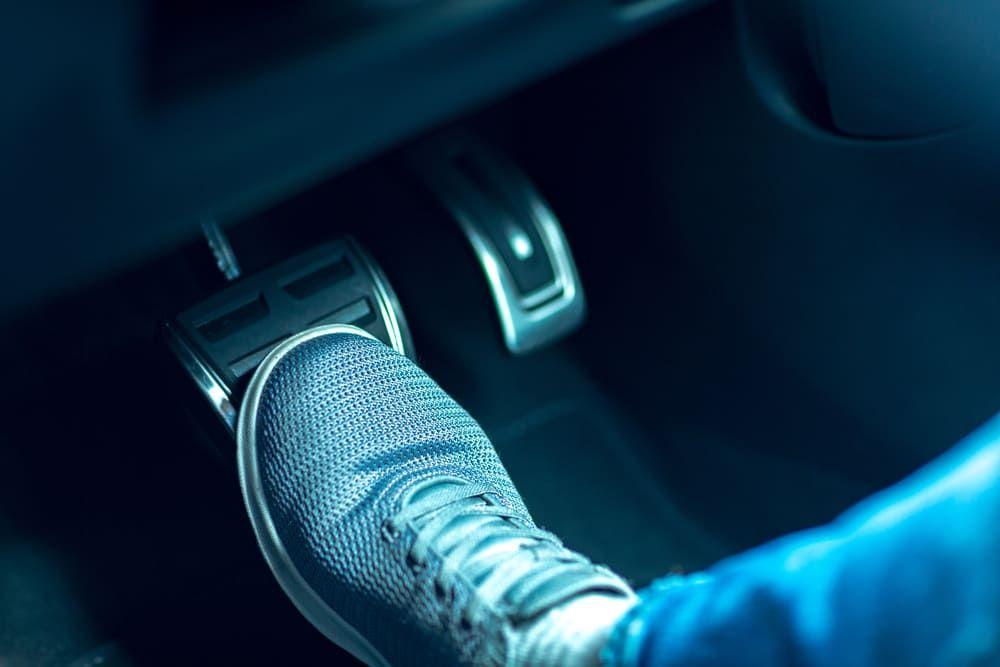
How Much Replacement Brake Pads Discs Cost - UK Price Guide
Brakes are vital for your vehicle’s safety, and replacing a brake disc can cost around £250 in the UK.
Bumpy ride? If you notice changes in braking performance or unusual noises, have them inspected and, if necessary, replaced by a mechanic.
This article explains everything UK drivers need to know about brake pad replacement costs, so you can be ready for your repair.
Key takeaways
How much do replacement brake pads cost?
The average cost of replacement brake pads in the UK is £250, but this can go up to £500.
Replacement costs vary by car make, model, location, and labour. We’ll detail these factors and provide estimates below.
No matter your total fee, you can use car repair finance to split the cost into interest-free monthly repayments.
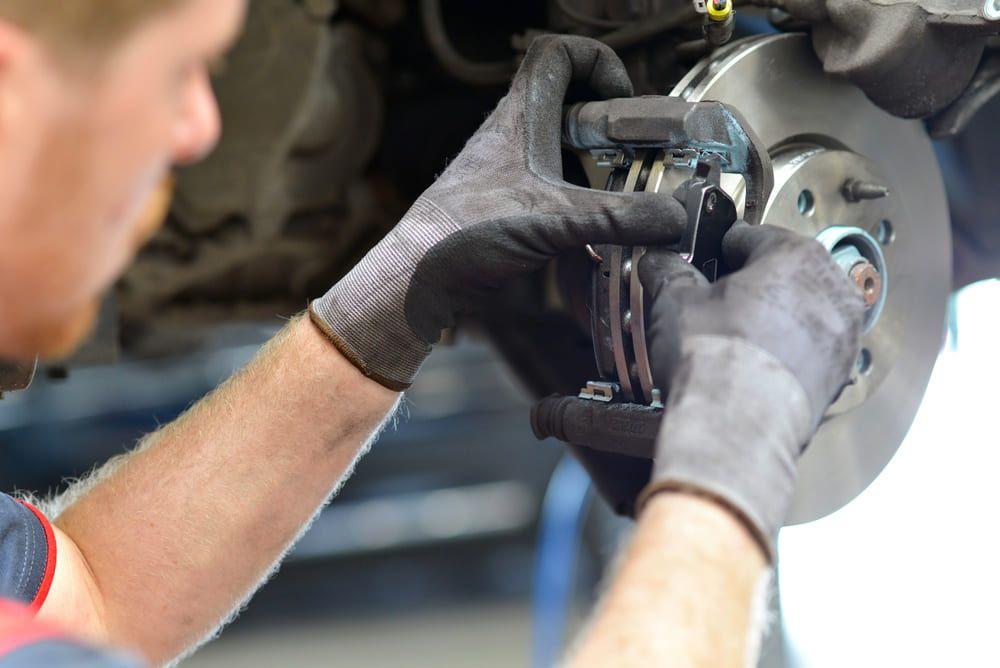
Brake pad replacement costs per vehicle type
The brake pad replacement cost changes depending on the type of vehicle you have. Here are some estimates per car type.
Vehicle | Average Brake Pad Replacement Cost |
|---|---|
Hatchback or City Car | £150 to £180 |
Large Saloon or Estate Car | £170 to £200 |
SUV or 4x4 | £160 to £260 |
Performance or Luxury Car | £160 to £400 |
Brake pad and disc replacement cost by UK location
Where you live can affect the price you’ll pay for a brake pad and disc replacement. Here’s the average cost per UK region, with prices generally higher in London and the South East and lower in northern regions.
Location | Average Brake Pad Replacement Cost |
|---|---|
London | £270 |
Liverpool | £230 |
Birmingham | £200 |
Glasgow | £190 |
Manchester | £200 |
Newcastle | £240 |
Cost of brake pads vs cost of brake pads and discs
Replacing only your brake pads is cheaper because it involves less labour and fewer parts.
In contrast, brake discs are more expensive components, and fitting them takes extra time as the mechanic must remove the old discs, fit the new ones, and then install new pads.
This is why replacing both pads and discs costs more than pads alone. See estimated costs in the table below.
Car Engine Size | Brake Pads Cost | Brake Pads & Discs Cost |
|---|---|---|
Up to 1300cc | £105 | £190 |
Up to 1600cc | £115 | £205 |
Up to 1900cc | £120 | £215 |
Up to 2200cc | £130 | £230 |
Above 2200cc | £135 | £240 |
Brake pads vs discs - what’s the difference?
Brake pads and brake discs work together to stop your car.
Brake pads press against the rotating brake discs to create friction, slowing the car down. The pads are made of friction material and wear out over time, so they need regular replacement.
Brake discs, which provide the surface for friction, are usually made of cast iron or carbon composite. They are more durable and costly to replace than brake pads.
Usually, you only need a brake pad replacement.
Should you replace brake discs and pads at the same time?
While not always essential, replacing brake discs and pads together is recommended for best braking performance and system longevity. Replacing only one can cause uneven wear and reduce efficiency.
Although upfront costs are higher, doing both at once can save money by avoiding repeated visits to the mechanic.
The labour cost to replace brake pads
Changing just the brake pads costs around £170.
This is because changing the brake pads on a vehicle involves less labour and fewer new parts than both discs and pads.
It also significantly depends on what type of car you drive; performance and ultra-luxury cars typically have larger brakes, which cost more to replace.
How often do brake pads need replacing?
The average brake pad will need replacing after 30,000 - 50,000 miles.
If you live in an area with a lot of slow-moving traffic or many hills, your brakes will likely be used frequently, so you may want to get them checked often.
How can you tell your brake pads need replacing?
Unlike tyres, brake pads are hidden behind the wheels and inside the calliper, so it can be difficult to know exactly when they need replacing.
Lookout for these signs:
Poor breaking performance
Squeaking noises
Electronic detection (a message on your infotainment system)
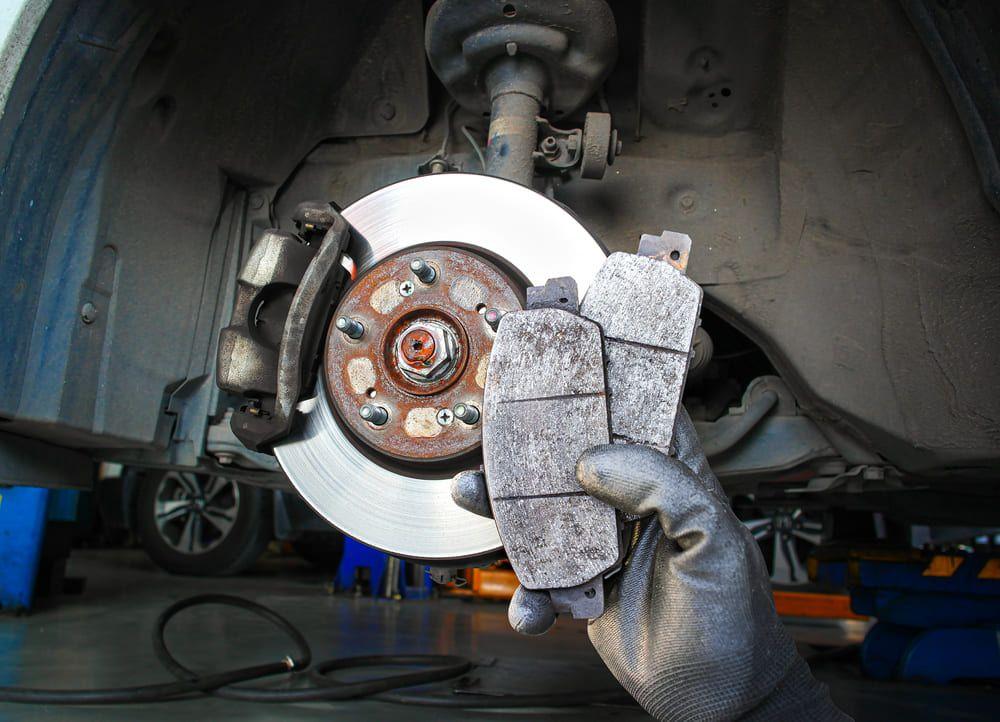
How to check your brake pads
Your brakes are one of your car’s most important safety features, so it’s worth knowing how to spot when the pads might be wearing out.
Look through the wheel spokes – In many cars, you can see the pads without removing the wheel; if not, take the wheel off for a closer look.
Check pad thickness – Peer through the calliper or feel the pad surface. If the material is thin or worn, it’s likely time to replace them.
Watch for wear indicators – Some pads have metal tabs that touch the disc when worn, making a noise. If it happens on only part of the pad, it may mean uneven wear.
If you're ever unsure, it’s best to call a mobile mechanic or visit a local garage for a professional inspection.
Is it OK to just replace the brake pads?
Yes, it’s okay to replace just the brake pads and not the discs.
Because the brake pad is consumable, the disc is generally protected from wear. Many sources say that while brake pads should last 30,000 miles, brake discs should last significantly longer.
As long as the discs aren't excessively worn and you haven’t let the pads wear down to the steel and damaged the discs, you should only need to replace the pads.
How long does it take to change brake pads?
It takes around an hour for a professional to change your brake pads. This may take longer if the discs also need replacing or if your vehicle has a more complex braking system.
Can you drive with worn-out brake pads?
No, you shouldn’t drive with worn-out brake pads.
As soon as you know your brake pads need replacing, you should drive only as far as your local mechanic.
Not only is it dangerous, but it could also lead to a £100 fine and three points per fault. If both your front and rear brakes are faulty, that’s at least £400 and 12 points.
Are brake discs and MOT failure?
Yes, worn or damaged brake discs can cause an MOT failure.
Discs below the manufacturer’s minimum thickness are a major defect, while loose or cracked discs are dangerous defects, preventing the vehicle from being driven until repaired.
The conclusion
Researching how much replacement brake pads and discs cost is essential for all car owners because prices can vary depending on several factors. You don’t want to get caught out by a surprise fee!
It’s wise to shop around at different garages to compare quotes. Remember that repairing your brakes is a vital investment in both your car and your safety so do not delay it.
Split the cost with Bumper
Need to repair your brake discs ASAP?
With Bumper's car repair finance, you can split the cost of repairs into monthly payments at no extra cost.
Apply online for up to £5,000 and choose from 1,000s of trusted repairers.

Split your car repair cost over monthly repayments interest-free.

Split the cost of your next repair
Other related articles from our blog
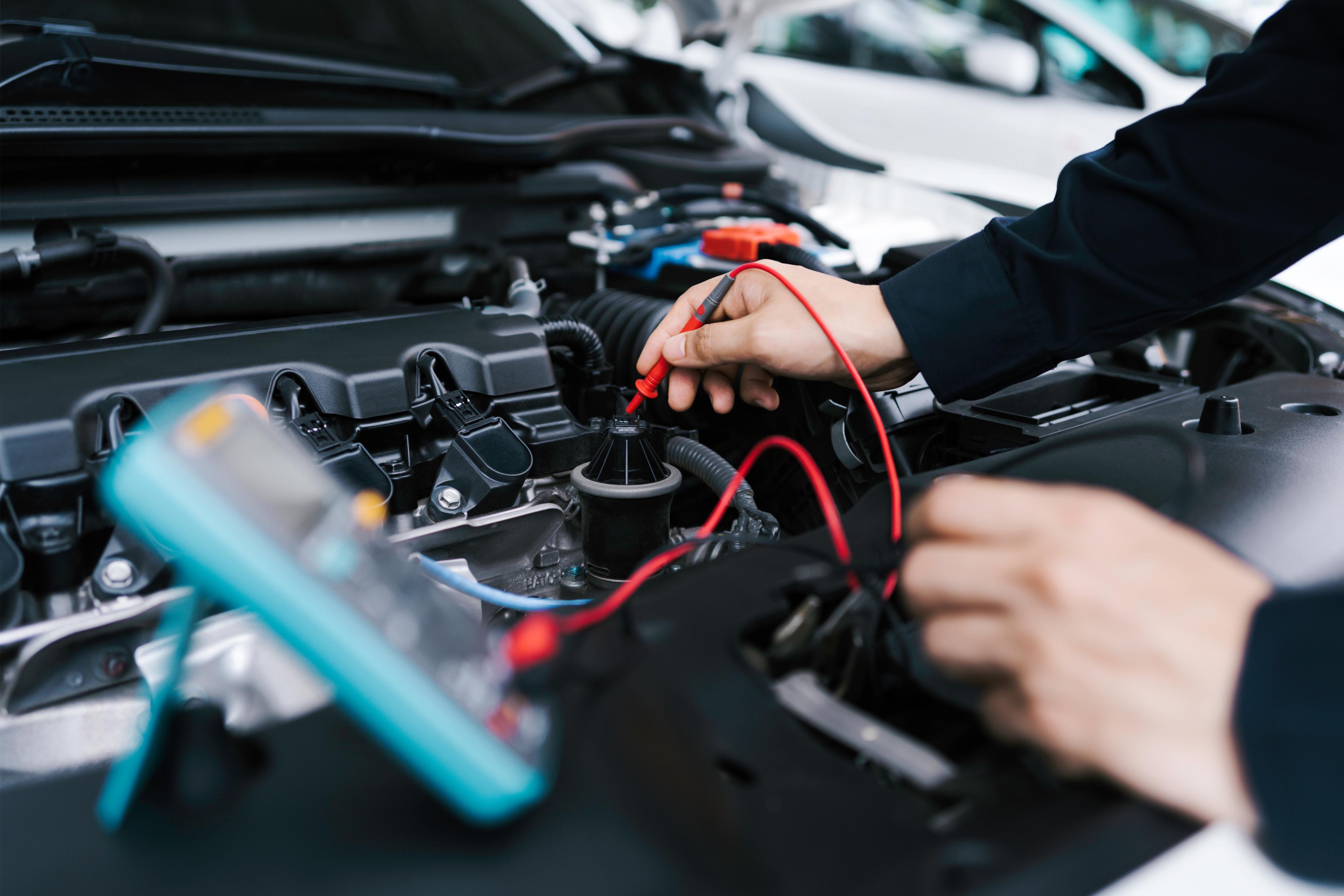
Advice
4 min read
How much does a car VCR repair cost?
A car VCR repair cost can sit anywhere from £100 to £600, depending on the origin of the VCR fault. See 2026 VCR costs and how to manage the issue online now.
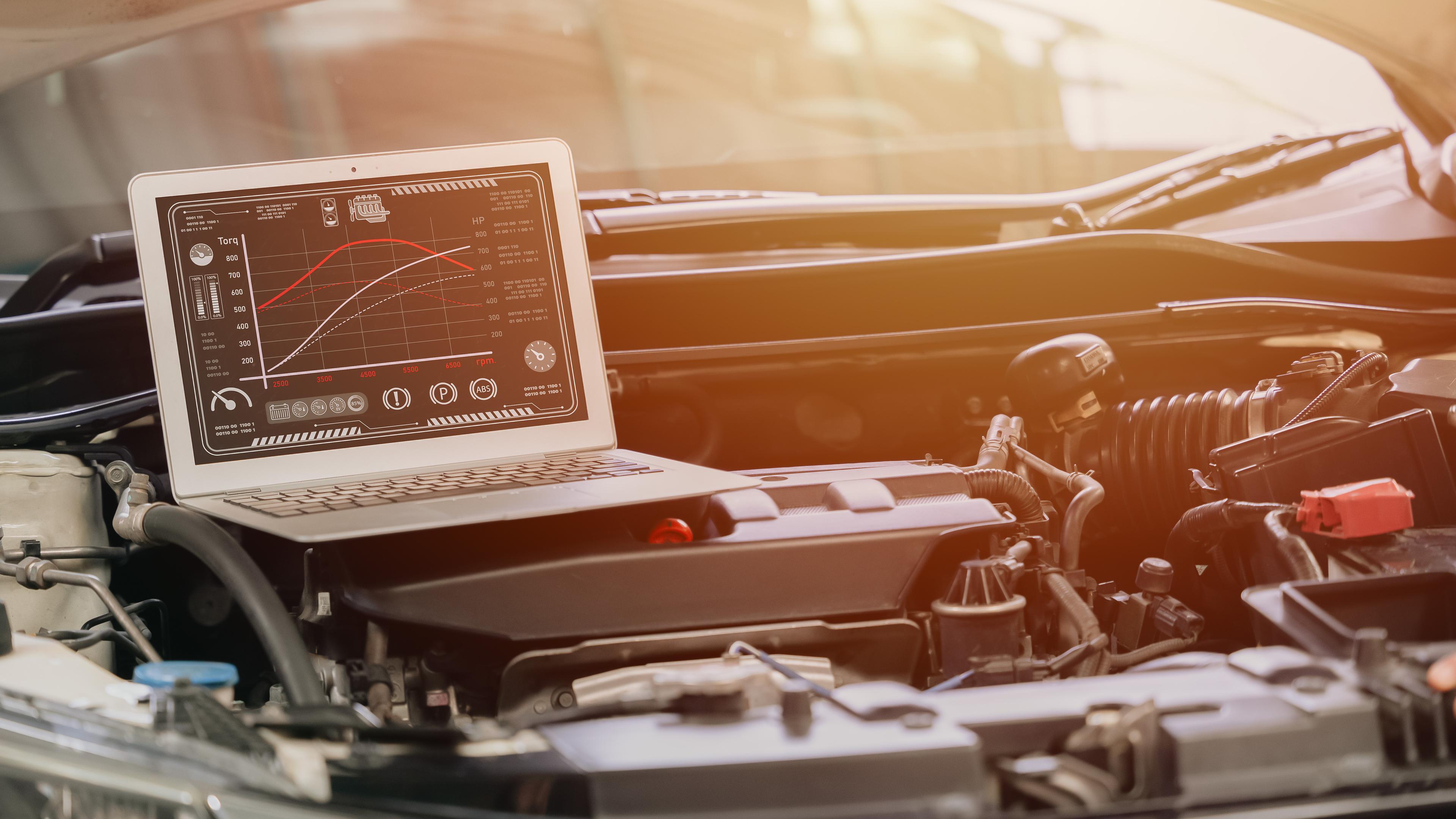
Advice
4 min read
How much does an Vauxhall ECU repair cost?
Vauxhall ECU repair costs range from £50 to £900 in 2026. Find out how much your ECU repair will be and what to do next online with Bumper here.
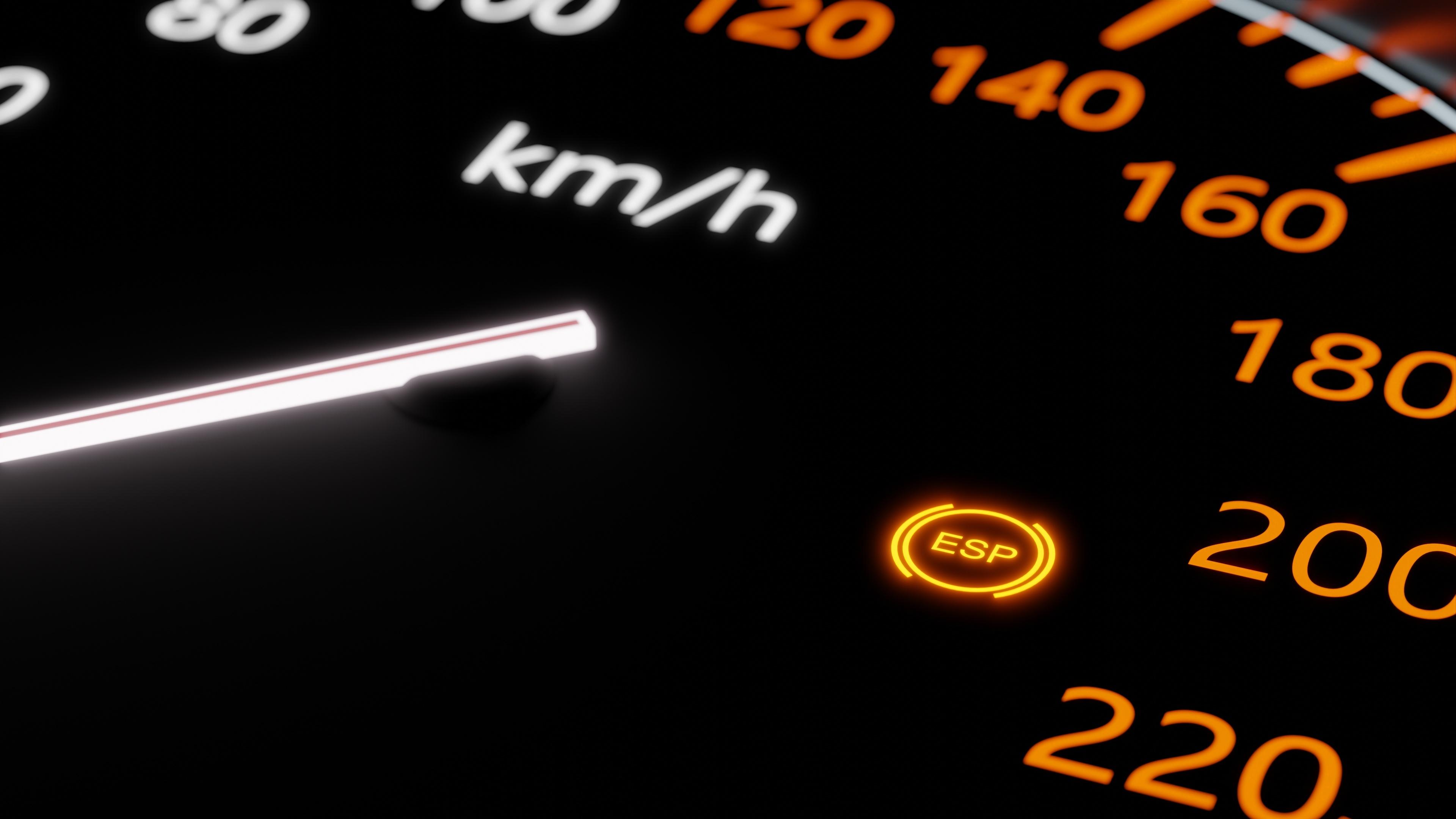
Advice
3 min read
How much does an ESP system repair cost?
An ESP or ESC system repair on a car can cost between £60 and £800. Find out more about ESP and ESC repair costs here.